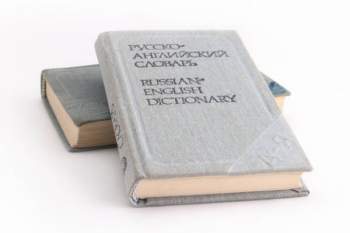
Facts about Loyola Law School

Founded in 1920, the Loyola law school of Los Angeles, California has been a progressive and innovative law school, boasting acclaim for an enriched diversity of courses, as well as astounding diversity in the student body. Loyola law school has one of the leading advocates for pro bono work accompanying law education. In fact, pro bono is one of the requirements mandated by Loyola law school, in order to be accepted for graduation.
Loyola law school offers an array of courses in various concentrations: Patent
law, public interest, criminal law, international law, family law, healthcare
law, corporate law, entertainment law, commercial law, and a myriad of other
law courses. Each concentration has its own set of highly qualified law
professors, who teach the rudiments, as well as the advanced aspects of law.
Furthermore, there is a set or required courses that have to be taken, in
conjunction with the other courses offered at Loyola law school. These courses
are: contracts, civil procedure, constitutional law, legal research and
writing, ethical lawyering, and various other courses. These courses are used
as a basic foundation for general law practices. The specific courses and
concentrations picked by the students build off of these courses, to give the
student a well-rounded understanding of the law and legal procedures.
Like many other law schools, Loyola law school also offers clinical programming
and international studies programs, in order to give the students
work-experience, and allow for education under practical applications. With
regards to the international studies, this is a way for students to learn how
other governments and legal procedures are run in various nations, in order to
fully understand the machinations of law.
NEXT: Facts About McGeorge School of Law




















